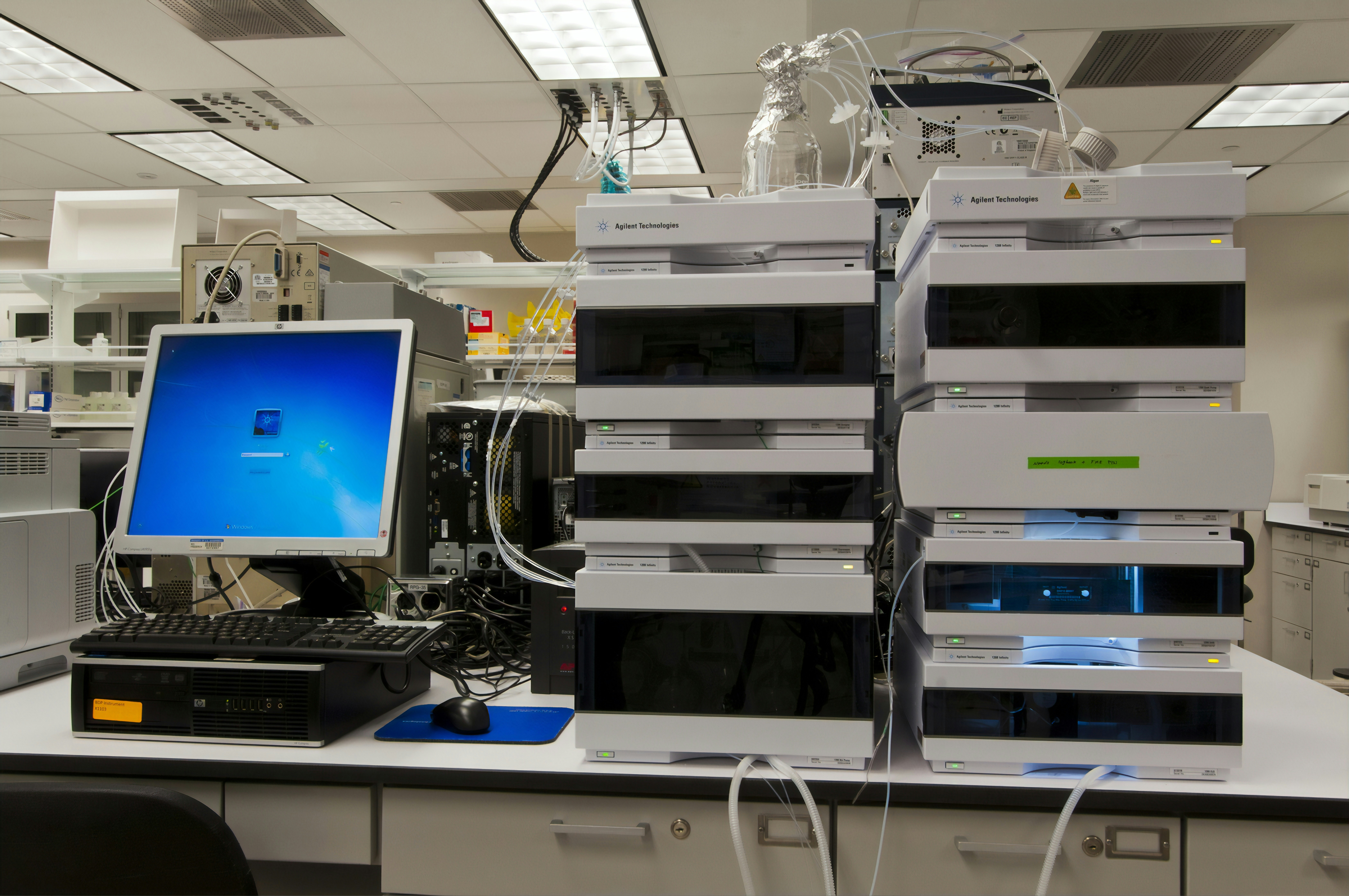:quality(70)/cloudfront-us-east-1.images.arcpublishing.com/shawmedia/JQJKTJ5RGVH7PJDJST7EQKXLFE.jpg)

:quality(70)/cloudfront-us-east-1.images.arcpublishing.com/shawmedia/SO5RJDI2ZJFYRBNYM42DYJFDOY.jpg)


:quality(70)/cloudfront-us-east-1.images.arcpublishing.com/shawmedia/W7HHFJ7LD5ASTH5TALS3COMURU.jpg)

The Grundy Resiliency Project, led by the Grundy Economic Development Council and the Grundy County Chamber of Commerce & Industry, is seeking public input on the Grundy County economy through town hall meetings [693a6641]. The project aims to gather input from residents, business owners, and local leaders to create a strategic plan for diversifying the county's future economy. The town hall meetings will be held on July 23 and July 24 at the Wesley Center in Morris, with a virtual meeting on Zoom also available. The organizations received a $600,000 grant from the U.S. Economic Development Administration in 2023, which is being matched 20% by Grundy County. The completed diversification plan is expected in the fall [693a6641].
The Grundy Resiliency Project, funded by a $600,000 grant from the U.S. Economic Development Administration, aims to identify and recommend key initiatives, action items, and market-driven opportunities for economic diversification in Grundy County [5127264b]. The first phase of the project, an economic overview conducted by the University of Michigan Economic Growth Institute, has been completed. This overview evaluated local and national indicators, providing detailed findings on prosperity rankings, top industries, wages, occupations, commuting patterns, education, broadband access, housing affordability, and more [5127264b]. Based on the findings of the economic overview, the next step is to develop a strategic plan for economic diversification and resiliency in Grundy County [3d34b36e].
The Grundy Resiliency Project is currently accepting proposals for the second phase of the initiative, the Grundy County Economic Diversification and Resiliency Plan [3d34b36e]. The plan aims to identify and recommend specific initiatives for economic diversification in the county. Proposals must be submitted by February 9, 2024, to Nancy Norton and Christina Van Yperen [ce8fb362]. The project timeline spans 24 months and includes future steps such as broadband analysis and research on nuclear plant decommissioning [ce8fb362].
The Grundy Resiliency Project is part of a larger resiliency project that focuses on nuclear host communities and supports economic evaluation, diversification, and community capacity building. The project aims to build diverse and resilient economies in these communities. The $600,000 grant from the U.S. Economic Development Administration, matched by Grundy County at 20%, provides the necessary funding for the project [3d34b36e].
In other economic news, the University of Texas Rio Grande Valley and the Center for Border Economic Studies recently held a symposium to discuss the promising economic outlook for the Rio Grande Valley [b36dc607]. The event highlighted signs of a strong economy in the region, with new developments and construction projects underway. Experts at the symposium emphasized the importance of embracing new technology, which can create new job opportunities. The demand for labor has increased, and the US government has provided incentives for manufacturers to invest in the country. Financial literacy education was also discussed as a topic of importance, as only a small percentage of high schools offer such classes. Economists noted that the Rio Grande Valley has performed better than the rest of the state, and Texas has fared better than the rest of the country in terms of economic performance [b36dc607].
Dr. Rashmi Chandran, a leading advocate for health equity in the Rio Grande Valley, raised the issue of diversifying the region's economy and improving workforce retention at the recent Accelerator 2023 RGV Health Equity Conference [16e04183]. She highlighted that the Valley's top industries are healthcare and food, and suggested the need for more job opportunities and educational pathways to expose young people to other industries. The panel, consisting of local leaders and educators, discussed the importance of collaboration and addressing socio-economic and environmental factors contributing to health disparities. The conference also highlighted the high percentage of uninsured individuals in the poorest counties of the Rio Grande Valley [16e04183].
Argonne National Laboratory has enhanced the National Economic Resilience Data Explorer (NERDE), an online data portal that helps community leaders and administrators understand their communities' economic strengths and vulnerabilities. The enhanced version of NERDE makes it easier for users to create economic development plans, improve resilience, and apply for economic assistance and grants. The data portal provides information on local economic distress, employment, gross domestic product, industry clusters, climate risk, innovation, and more for over 3,000 counties and every economic development district in the United States. The upgrade includes new features such as easier comparison of community strengths and weaknesses, tool tips to explain the importance of metrics, and a redesigned local snapshot called 'My Community Report'. The new edition also provides access to additional data, including the Economic Development Capacity Index, patent claims, Small Business Innovation Research grants, climate change risks, and U.S. Census trade data. The upgrade was developed in partnership with the U.S. Department of Energy's Argonne National Laboratory and the Department of Commerce's Economic Development Administration [15c29e1e].